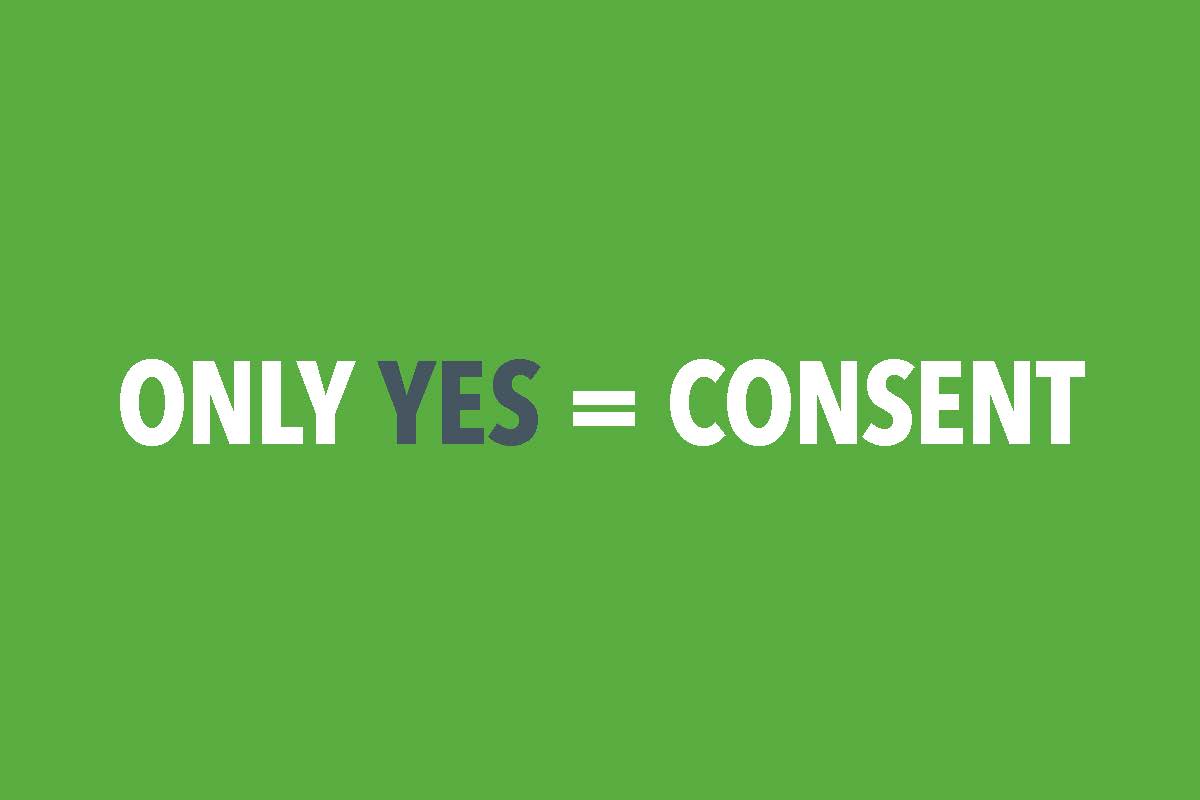This article explores the multifaceted concept of being “free from sex,” encompassing abstinence, asexuality, and freedom from sexual exploitation. We’ll delve into each concept, providing nuanced explanations and addressing common misconceptions.
Exploring Different Paths: Abstinence, Asexuality, and Exploitation
“Free from sex” can be interpreted in various ways. Similar to how the word “free” can mean “free of charge” or “free as a bird,” being “free from sex” encompasses different experiences. We’ll examine abstinence as a conscious choice, asexuality as a sexual orientation, and the crucial topic of freedom from sexual exploitation.
Abstinence: A Conscious Choice
Abstinence involves a deliberate decision to refrain from sexual activity. Motivations can vary widely, from religious or personal values to health concerns or emotional unreadiness. Abstinence can foster self-esteem, deeper non-sexual connections, and reduced anxiety surrounding sex. It allows individuals to define their personal boundaries and comfort levels.
Asexuality: A Sexual Orientation
Asexuality, distinct from abstinence, is a sexual orientation characterized by a lack of sexual attraction to others. It’s a natural variation in human sexuality, not a choice or a disorder. Asexual individuals can still have fulfilling relationships, romantic or otherwise, and their experiences are valid and important. It’s worth noting that asexuality exists on a spectrum, with some experiencing romantic attraction while others don’t.
Freedom from Sexual Exploitation: A Critical Issue
“Free from sex” can also refer to freedom from sexual exploitation. This includes harmful experiences like pornography addiction, unrealistic expectations perpetuated by online pornography, and societal judgments about sexuality. Such exploitation can negatively impact mental health, relationships, and self-perception. Resources and support networks exist to help individuals heal and reclaim their agency. If you’re curious about the Forrest Sawyer case and what really happened, you may want to look into this.
Defining “Sex-Free”: Understanding the Nuances
The term “sex-free” has diverse implications, encompassing abstinence, asexuality, and freedom from sexual exploitation. Let’s further unpack these distinct experiences.
Abstinence: A Personal Journey
Abstinence is a conscious decision to refrain from sexual activity. This choice may be temporary or lifelong, driven by personal, religious, or practical reasons. Potential benefits include personal growth, stronger emotional bonds, and reduced anxiety related to sexual relationships.
Asexuality: Embracing Diversity
Asexuality is a sexual orientation defined by a lack of sexual attraction. It’s a natural variation in human sexuality, not a choice or a condition requiring treatment. Asexual individuals can experience deep emotional connections and form meaningful relationships, highlighting the diversity of human connection. Further exploration into the nuances of asexuality reveals a rich spectrum of experiences.
Freedom from Exploitation: A Fundamental Right
“Sex-free” can signify freedom from sexual exploitation, encompassing pornography addiction, unrealistic expectations promoted by online content, and harmful societal judgments. Addressing sexual exploitation is crucial for individual and societal well-being. Resources are available for those seeking support and healing.
| Term | Description |
|---|---|
| Sex-free | An umbrella term encompassing various experiences related to a lack of sexual activity or attraction. |
| Abstinence | A conscious choice to refrain from sexual activity. |
| Asexuality | Lack of sexual attraction towards others. |
| Sexual Exploitation | Harmful experiences related to sex, including addiction and coercion. |
It’s important to approach these topics with sensitivity and recognize that ongoing research continues to shape our understanding of human sexuality.
Living Well Without Sex: A Holistic Perspective
A common question is whether sex is essential for a healthy life. The answer is a resounding no. A fulfilling and healthy life is achievable regardless of sexual activity. While some find sex contributes to their well-being, it’s not a universal requirement for happiness. Factors like strong relationships, pursuing passions, and achieving goals contribute significantly to overall well-being.
Choosing not to have sex isn’t inherently negative. It can even offer benefits like reduced risk of STIs and increased time for other healthy pursuits. Societal pressures can sometimes create anxiety around sexlessness, but open communication and education can alleviate these concerns. Remember, intimacy encompasses emotional closeness, not just physical intimacy.
Experts like Dr. Melissa Fabello affirm that fulfilling relationships and lives are possible without sex, and sex therapist Rafe emphasizes that sex is a component, not a necessity, of a healthy lifestyle. Ongoing research continues to explore the complexities of human sexuality and its impact on well-being.
I also have an article about Four Leaf Clover Plant and its significance in different cultures.
“Free Sex”: Deciphering the Meaning
“Free sex” carries various interpretations, extending beyond casual encounters or unprotected intimacy. It’s a complex concept influenced by individual beliefs and experiences. It can refer to sex outside marriage, consensual non-monogamous relationships, or sometimes (misleadingly) to sex work.
At its core, “free sex” should always mean freedom from harm, coercion, and exploitation. Enthusiastic consent is fundamental. Even with consent, emotional and social complexities can arise, highlighting the importance of open communication and respect.
Historically, “free love” movements challenged traditional sexual morality, advocating for autonomy and pleasure. However, these movements sometimes faced criticism for potentially overlooking exploitation and power dynamics. Current discourse emphasizes ethical sexual expression, regardless of relationship structure. Ongoing discussions focus on promoting sexual health while respecting individual choices and protecting vulnerable individuals.
| Aspect | Description |
|---|---|
| Consent | Essential; freely given, enthusiastic, and ongoing. Can be withdrawn at any point. |
| Communication | Vital for navigating non-traditional relationships; honesty and transparency are key. |
| Respect | Respecting individual choices and boundaries is crucial. |
| Safety | Protecting yourself from STIs and unintended pregnancies is critical. |
| Emotional Health | Being mindful of the emotional impact of different relationship styles is important. |
Our understanding of human sexuality continually evolves. Research explores the multifaceted factors influencing sexual behaviors, desires, and experiences. While “free sex” has various definitions, the core principle remains: genuine freedom, respect, and enthusiastic consent.
- Divided Lunch Containers Revolutionize Your Meal Prep Strategy - February 9, 2026
- Divided Food Storage Containers Transform Meal Prep and Portion Control - February 8, 2026
- Divided Food Containers Are Meal Preps Secret Weapon - February 7, 2026










